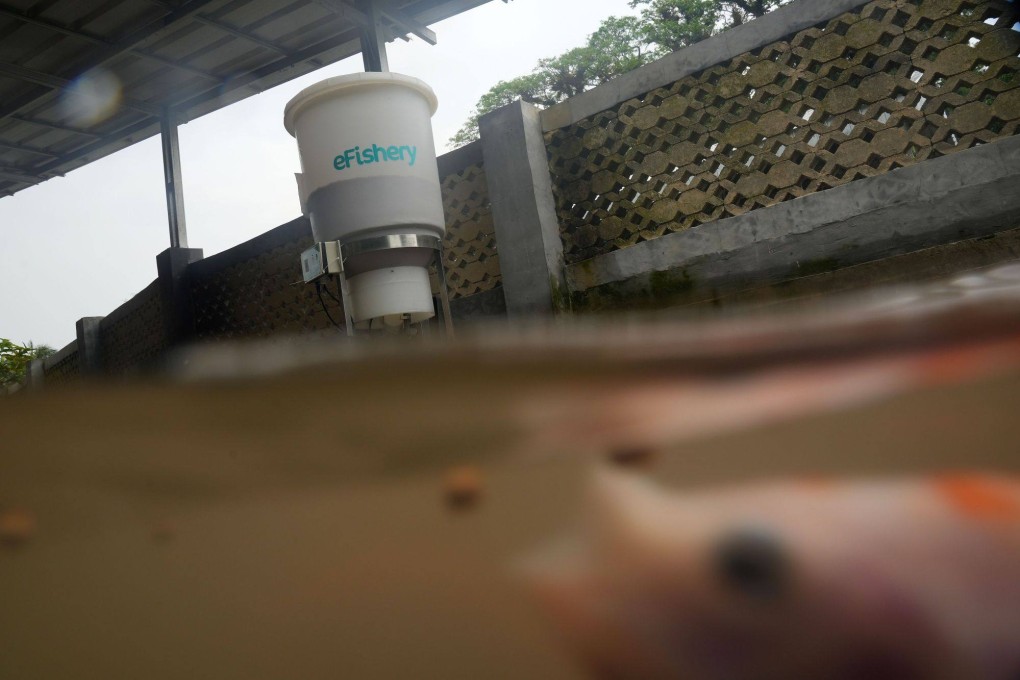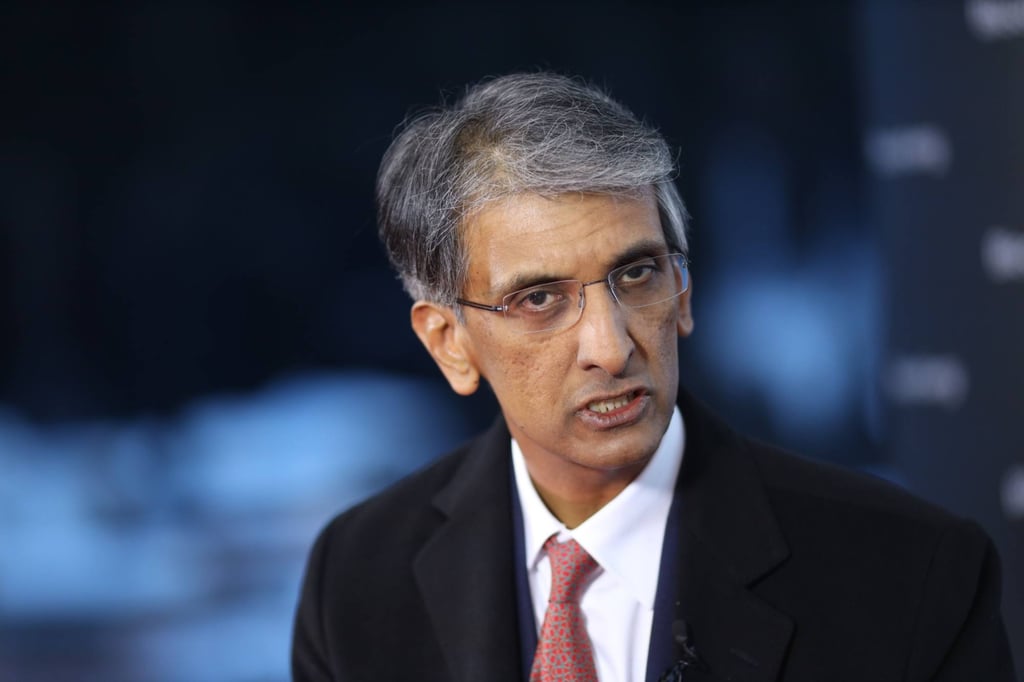Singapore’s Temasek bets big on food as world’s supply falters amid war, climate crisis
- The US$290 billion state-owned investment empire’s holdings span everything from an Indonesian fish food start-up to an Israeli irrigation firm
- Recipients call it the ‘best and most aggressive’ agritech investor. But Temasek says it isn’t trying to directly bolster Singapore’s food security

Under its relatively new CEO Pillay and head of agri-food Anuj Maheshwari, Temasek has doubled down on an agriculture strategy involving ambitious investments – including efforts that take control of some businesses – to try and reap profits from solving some of the biggest problems in food production. Since 2015 it has quietly grown its life science and agriculture holdings from about US$5.7 billion to US$26.7 billion as of March this year, spanning everything from plant-based meat maker Impossible Foods Inc. and Bayer AG to Israeli irrigation firms.

“When we started looking at this, most of our peers were not focused on this industry because it tends to have government influence, it’s volatile and it involves land, which can be capital intensive,” Maheshwari said in an interview. But if we don’t create a system that is more efficient and resilient to climate change “the food security of the planet is at risk.”
Almost half of the earth’s habitable land, 70 per cent of its fresh water and 30 per cent of the workforce is used for agriculture, said Maheshwari.
“Despite such massive resources, this industry produces a third of greenhouse gases, and a third of what it produces actually just goes to waste,” Maheshwari said. “These are massive challenges that are very ripe for the kind of capital that we bring in.”
Singapore produces only about 10 per cent of its food, and while it’s trying to lift that to 30 per cent by investing in technologies such as offshore fish farms and vertical farming, the only way to guarantee long-term supply in the face of climate change and disruptions such as the war in Ukraine is to build complex and redundant supply chains.
